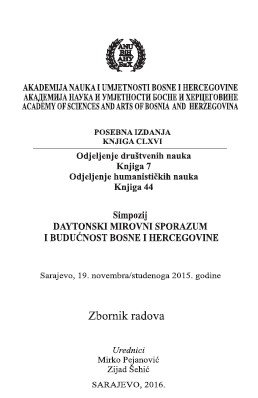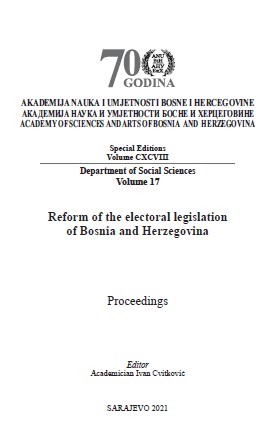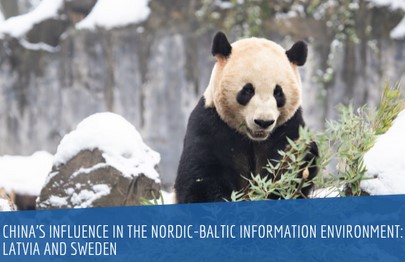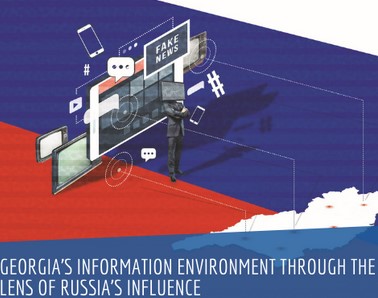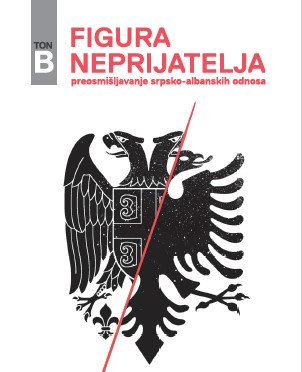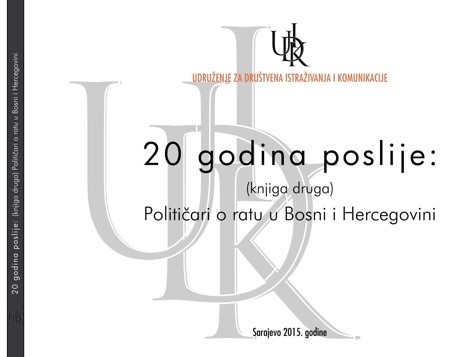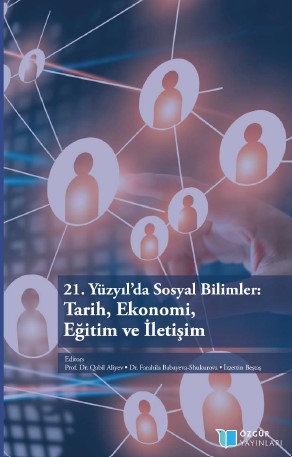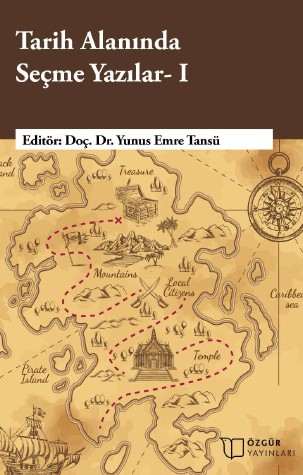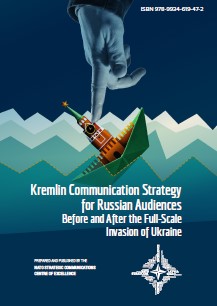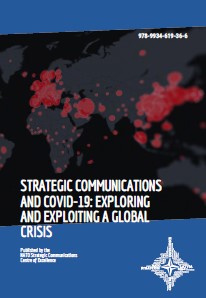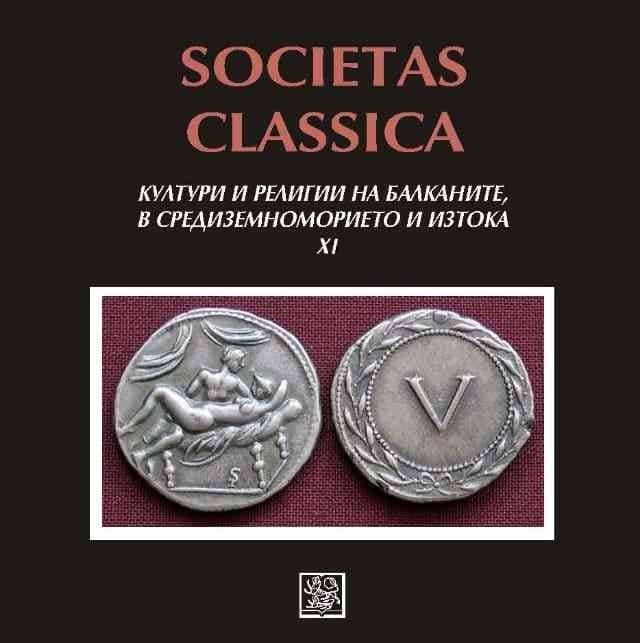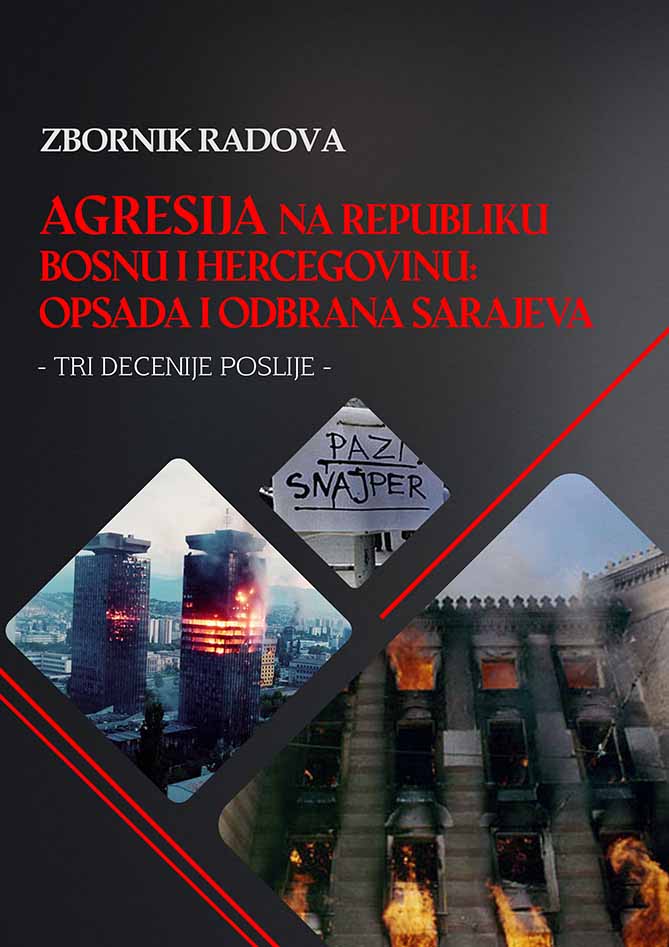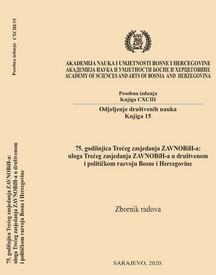
TREĆE ZASJEDANJE ZAVNOBIH-a I PRVI USTAV NARODNE REPUBLIKE BOSNE I HERCEGOVINE – NADOGRADNJA BOSANSKOHERCEGOVAČKE DRŽAVNOSTI
At the First and Second Session of ZAVNOBiH, the representatives of the peoples of Bosnia and Herzegovina laid the foundations of the modern statehood of Bosnia and Herzegovina. At the sessions of ZAVNOBiH, the peoples of Bosnia and Herzegovina jointly created their federal unit, which became part of the federal Yugoslavia with the political will of its delegates at the Second Session of AVNOJ. The Third Session of ZAVNOBiH in Sarajevo marked the end of the state-building process in Bosnia and Herzegovina within the second Yugoslav state. ZAVNOBiH was transformed into the National Assembly of Bosnia and Herzegovina in accordance with legislative acts adopted at the session, while the Presidency of ZAVNOBiH turned into the Presidency of the National Assembly. Bosnia and Herzegovina also received its first post-war government. Legislation adopted at the Third Session of ZAVNOBiH, i.e. the National Assembly of Bosnia and Herzegovina, created the independent state organisation of Bosnia and Herzegovina, which was equally positioned with other federal units in the Yugoslav state. An additional enhancement to the statehood of Bosnia and Herzegovina was made by the adoption of the first Constitution of the People’s Republic of Bosnia and Herzegovina. Thus, immediately after the end of the Second World War, Bosnia and Herzegovina defined its internal structure by the highest legal act, in accordance with the then political and economic circumstances. It was defined as a people’s republic that conferred sovereign rights and statehood. With the adoption of the Constitution, Bosnia and Herzegovina completed the state-building process and it can be stated that from 31 December 1946, it fully existed and functioned as a state organisation. At the same time, it is necessary to not lose sight of the fact that Bosnia and Herzegovina, by the will of its representatives, was part of a wider state - Yugoslavia. The sovereignty and statehood of Bosnia and Herzegovina were limited by the sovereignty of the federal state. These are the sovereign rights that Bosnia and Herzegovina transferred to the FPRY, given that it was an integral part of the unified socioeconomic and political system of AVNOJ Yugoslavia.
More...
